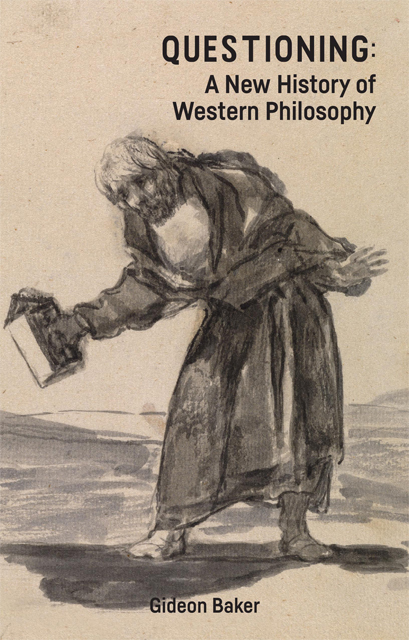18 - Butler
Published online by Cambridge University Press: 14 July 2023
Summary
EVER SINCE DIOGENES OF Sinope, it has been possible to question conventional ways of life by appealing to nature. What, after all, is ‘natural’ about an institution such as marriage or customary norms such as those that prohibit going naked in public? Yet, after Kant, can we still be so sure that ‘nature’ can be known in itself? Doesn’t nature, like everything else, appear only in language?
Judith Butler’s work goes to the heart of this problem by asking why we feel able to question gender differences but feel that differences in sex are much more certain. For example, while many people would acknowledge that there is no good reason to think that girls wear pink and boys blue, the difference between boys and girls itself seems much less questionable. For Butler (born 1956), however, the question ‘How is gender constructed through the interpretation of sex?’ is inadequate because it leaves the question of sex itself unposed. More radically, Butler asks: ‘Through what regulatory norms is sex itself materialized?’ (1993: xix, emphasis added).
For Butler, then, sex is no less assigned by society than is gender. Indeed, in this way, Butler questions the very basis of the distinction between sex and gender itself. If both sex and gender are assigned, then really there is only gender (Butler 1990: 8). Butler (1993: xiv–xv) asks: ‘if gender is the social significance that sex assumes within a given culture […] then what, if anything, remains of “sex” once it has assumed its social character as gender?’ Sex, then, is merely that category that gender norms appeal to as the seemingly unquestionable basis of their differentiation between male and female. That the positing of sex as prior to gender takes place within language means that sex is only ever ‘the effect of that very positing’: ‘something like a fiction, perhaps a fantasy, retroactively installed as a prelinguistic site to which we have no access’ (Butler 1993: xv). Sex is not a natural cause of gender but its social effect. Butler quotes Derrida: ‘There is no nature, only the effects of nature: denaturalization or naturalization’ (1993: xi, emphasis added). Elsewhere, Marx is also invoked: ‘To expose the contingent acts that create the experience of a naturalistic necessity [is] a move which has been a part of cultural critique at least since Marx’ (Butler 1990: 38).
- Type
- Chapter
- Information
- QuestioningA New History of Western Philosophy, pp. 189 - 200Publisher: Edinburgh University PressPrint publication year: 2022

